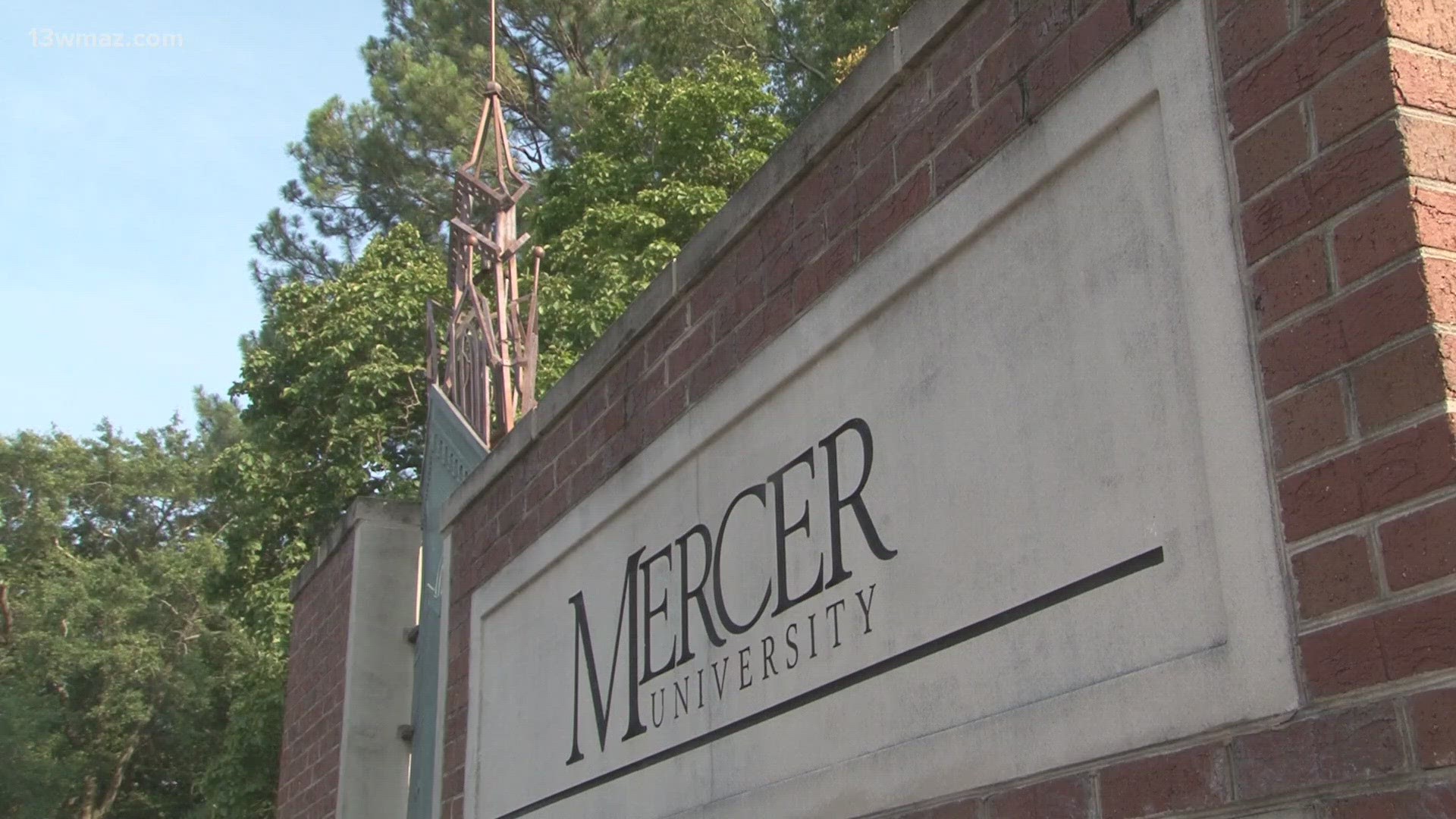MACON, Ga. — Affirmative action is no longer legal at U.S. colleges and universities after a Supreme Court opinion came down Thursday.
The high court's conservative justices voted 6-3 and 6-2 on two separate cases involving Harvard and the University of North Carolina. Schools across the nation used the policy to ensure a more diverse student body.
Now, zip codes and essays could mean a lot more in the college admissions process, says Mercer Law professor David Oedel.
"It was predictable that this was going to go away in a formal way. But what is going to happen is probably not all that much," Oedel said.
What he means is that he believes they'll find other ways to stay diverse, like admitting more students from certain areas, or adding extra essays allowing students to explain their life experiences.
Oedel says many experts expected the outcome.
"Everybody knew this was going to happen," he said. "All of the big colleges and universities, they've already been anticipating this ruling. This is not a surprise to them."
Chief Justice John Roberts wrote in his opinion that the ruling should not be taken to mean colleges cannot consider an applicant's discussion of how race has impacted their life. Justice Ketanji Brown Jackson wrote she felt, "Deeming race irrelevant in law does not make it so in life."
Oedel says the issue isn't new to Central Georgia, where schools once denied applicants based on race.
"[They] tried to do the very best they could to overcome that history. So, it's a particularly sensitive issue in the middle Georgia context," he said.
13WMAZ reached out to Central Georgia colleges and universities. All state schools directed us to the state university system, which did not reply to our request for comment.
Mercer University sent a short statement:
“Promoting and maintaining a diverse student body has long been a core value at Mercer, and the University has been able to realize that value without the use of race-based admissions practices.”

